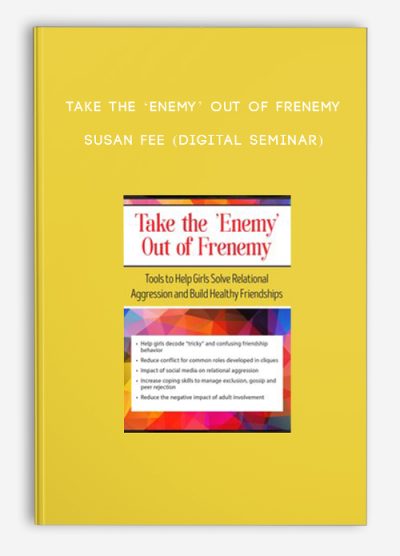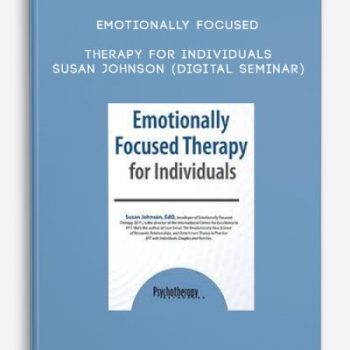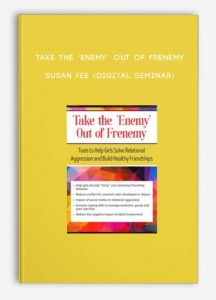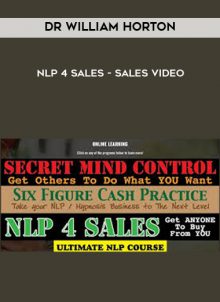Take the ‘Enemy’ out of Frenemy – SUSAN FEE (Digital Seminar)
Description:
erupt in drama. Pile on parent involvement and social media and situations can exponentially escalate.
Signs of relational aggression can manifest in several ways: increased conflict, social isolation, poor grades, decreased concentration, physical complaints of nausea, headaches, changes in weight, digestive problems, and sleep disturbance. Symptoms can develop into depression, anxiety, self-harm, and eating disorders.
Watch this recording and you’ll learn:
- Interventions to make individual sessions or groups more effective for each age and stage
- Skill-building activities that are visual, interactive, and memorable beyond talking and processing feelings
- Tools to teach girls how to regulate emotions, manage conflict, practice assertive communication, and improve stress management
- Strategies to reduce the negative impact of comments adult make and the way they respond (or don’t)
You’ll receive reproducible handouts, scripts and prompts, step-by-step intervention instructions, and examples of parent coaching sessions and will be equipped to teach girls the skills to manage conflict and form healthy bonds, thereby improving their mental health!
Outline:
Interpreting Overt and Covert Behaviors
- Gender communication styles and friendship roles: Developmental stages
- Behaviors of healthy relationships and trust development
- Clinical implications of anxiety, depression, self-harm, and eating disorders
- Adolescent brain development and hormonal changes
- Impact of social media as it relates to relational aggression
Cliques and Group Dynamics
- Common roles and behaviors in cliques
- Adult pitfalls and approaches to manage negative behaviors
- Solution-focused interventions to address conflict: Exercises and reproducible handouts
- Conversation strategies to increase assertiveness
- Passive, aggressive, and passive-aggressive communication styles: Role play examples
Coping Strategies for Relational Aggression
- Cultivate strengths during adversity to manage feelings of loneliness, isolation, anxiety, and depression
- Build awareness of brain/body development and physical manifestations of anxiety
- Teach signs of healthy friendships
Parent/Family Support for Girls
- Communication techniques to foster self-esteem
- Psycho-educational resources and exercises
- Should you ever call the other parent?
- Enabling versus supportive behavior
- Modeling friendship skills and social “homework”
NLP online course
So what is NLP?
Firstly, NLP stands for Neuro-Linguistic Programming. Secondly neuro refers to your neurology;
Thirdly linguistic refers to language however, programming refers to how that neural language functions.
As a result,In other words, learning NLP is like learning the language of your own mind!
Moreover, NLP is the study of excellent communication–both with yourself, and with others.
It was developed by modeling excellent communicators and therapists who got results with their clients.
NLP is a set of tools and techniques, but it is so much more than that.
In conclusion, It is an attitude and a methodology of knowing how to achieve your goals and get results.
Preview Information:
Original Page
Archive Page














Lord –
This is Digital Download service, the course is available at Vincourse.com and Email download delivery.